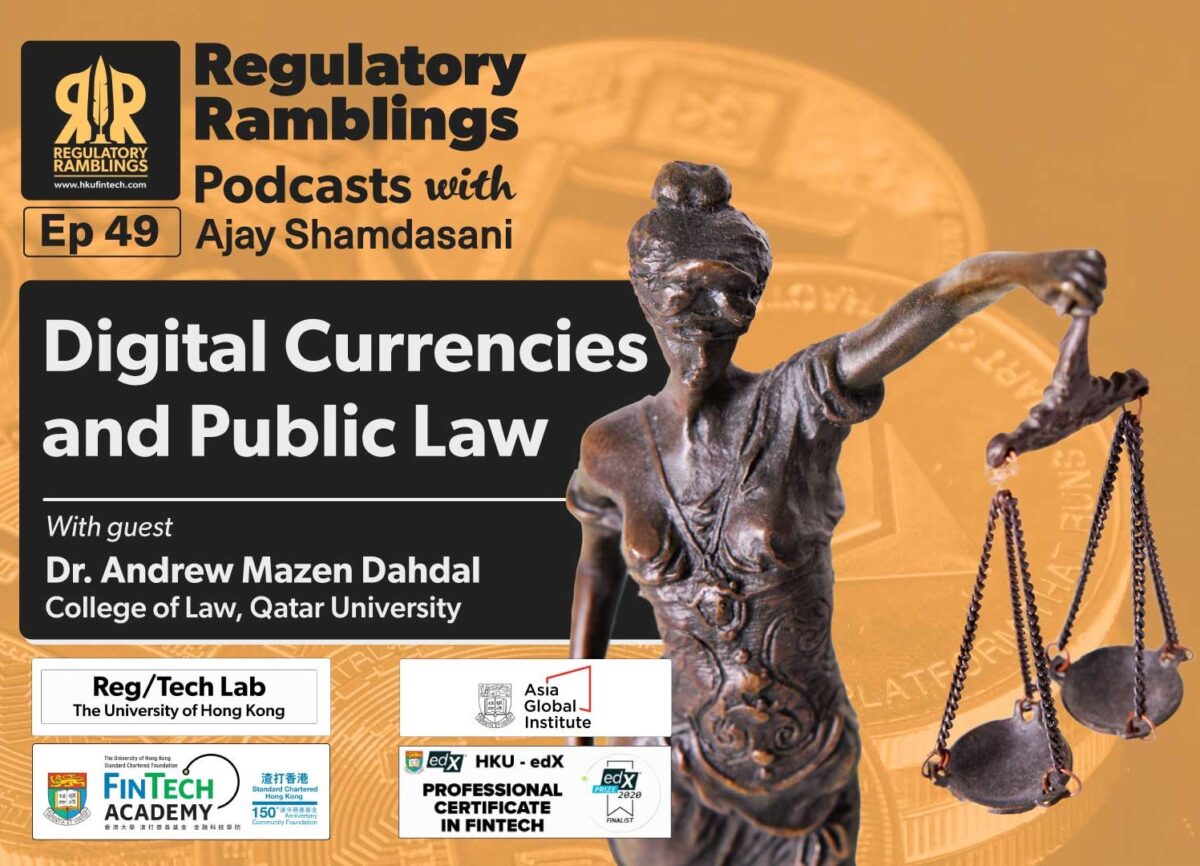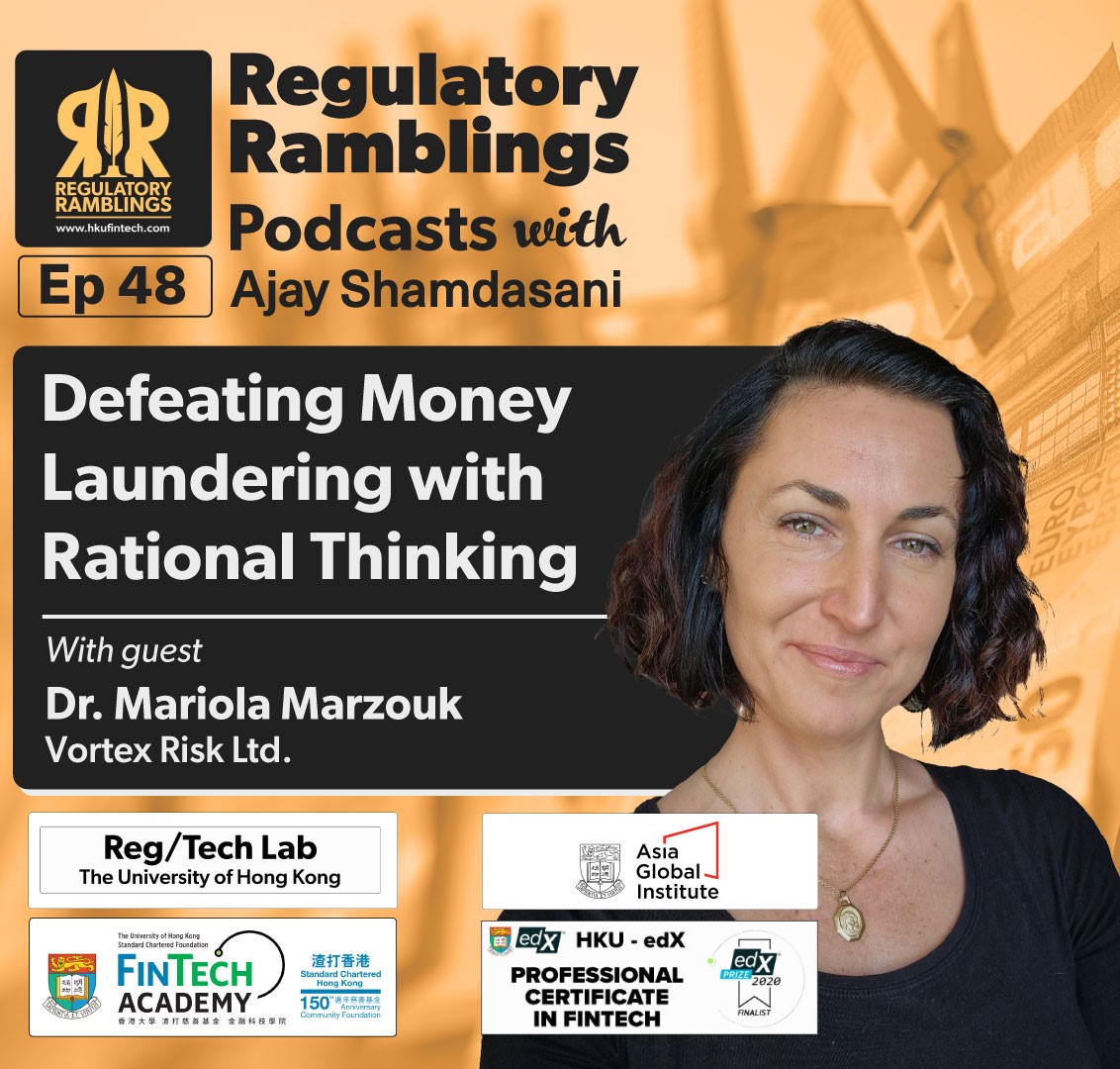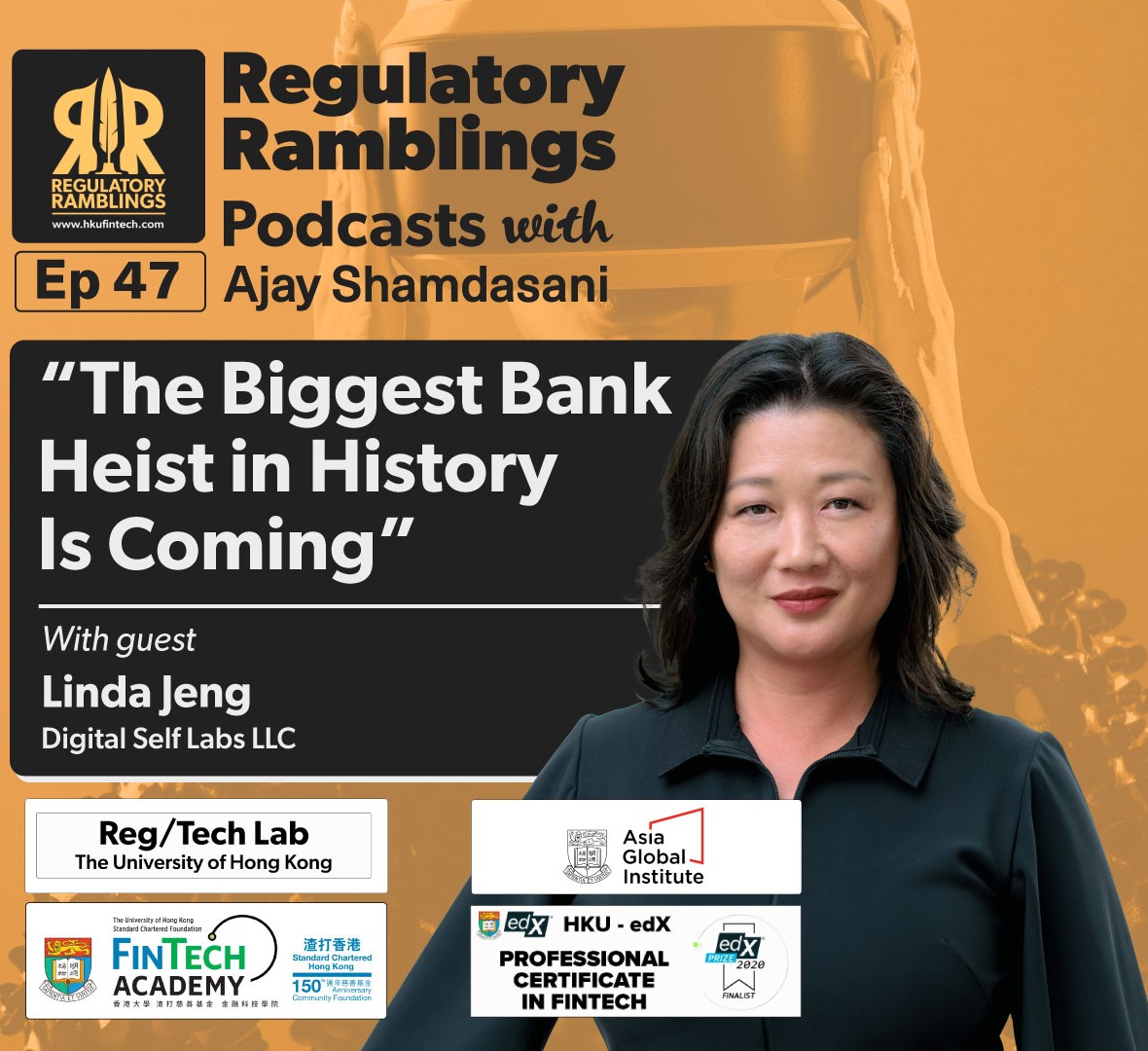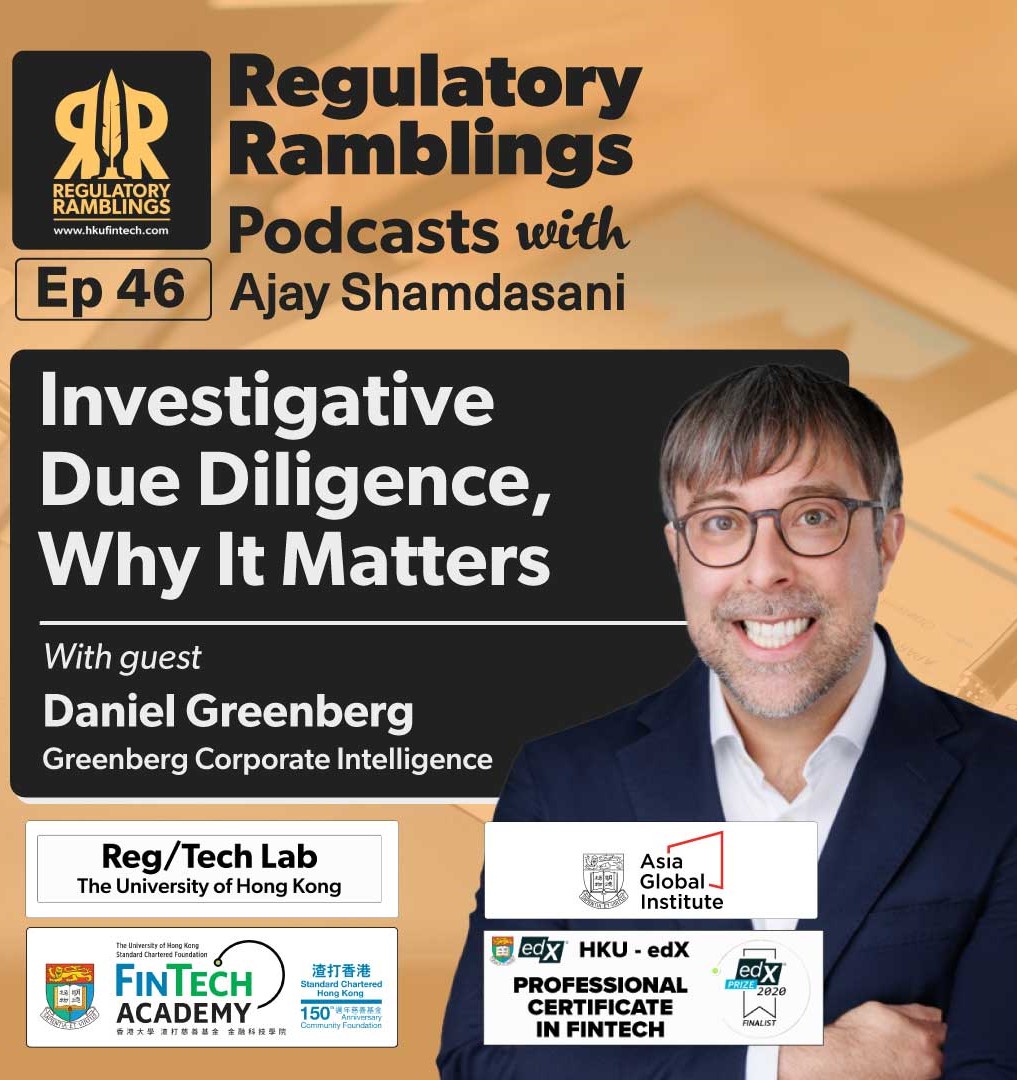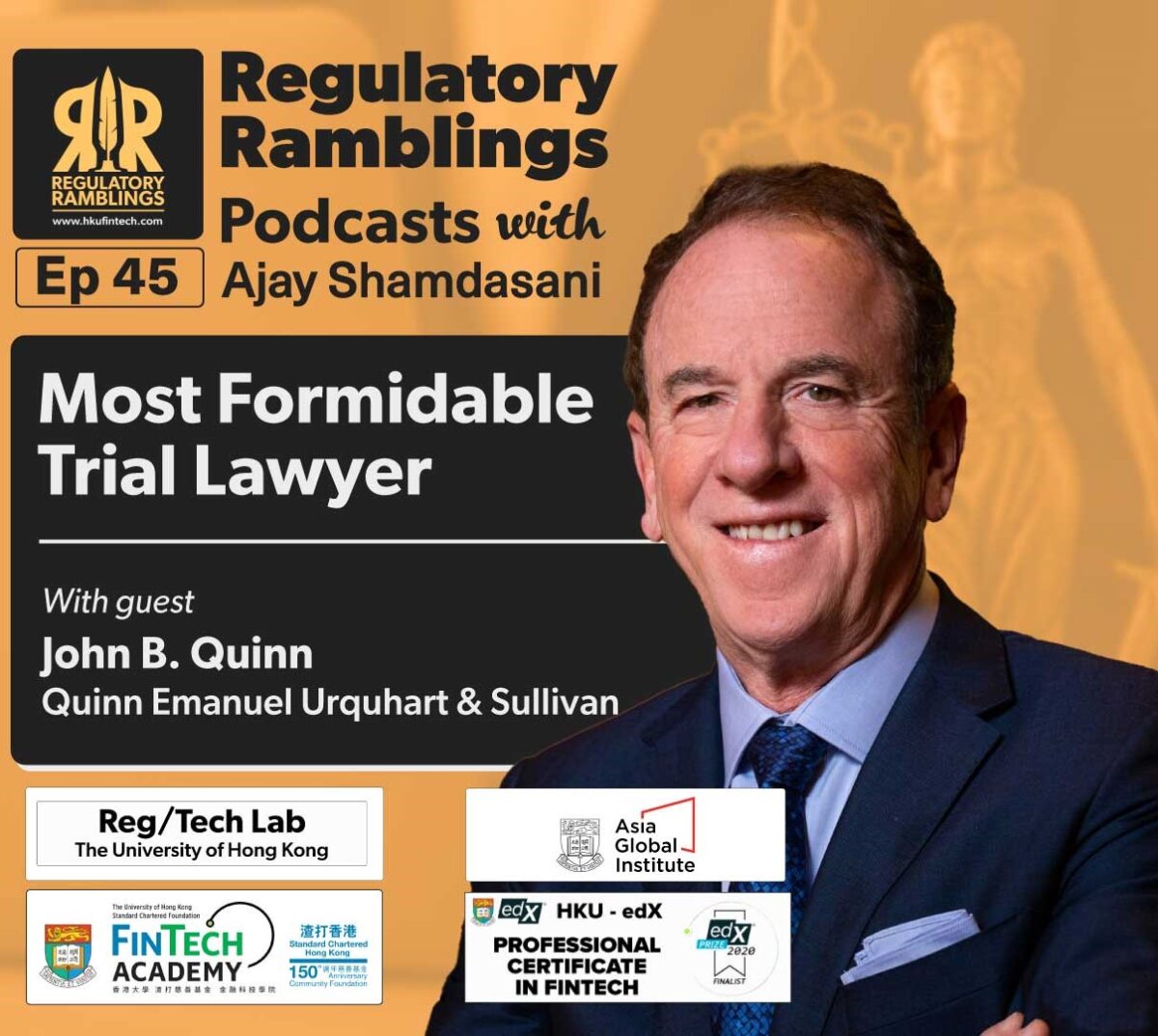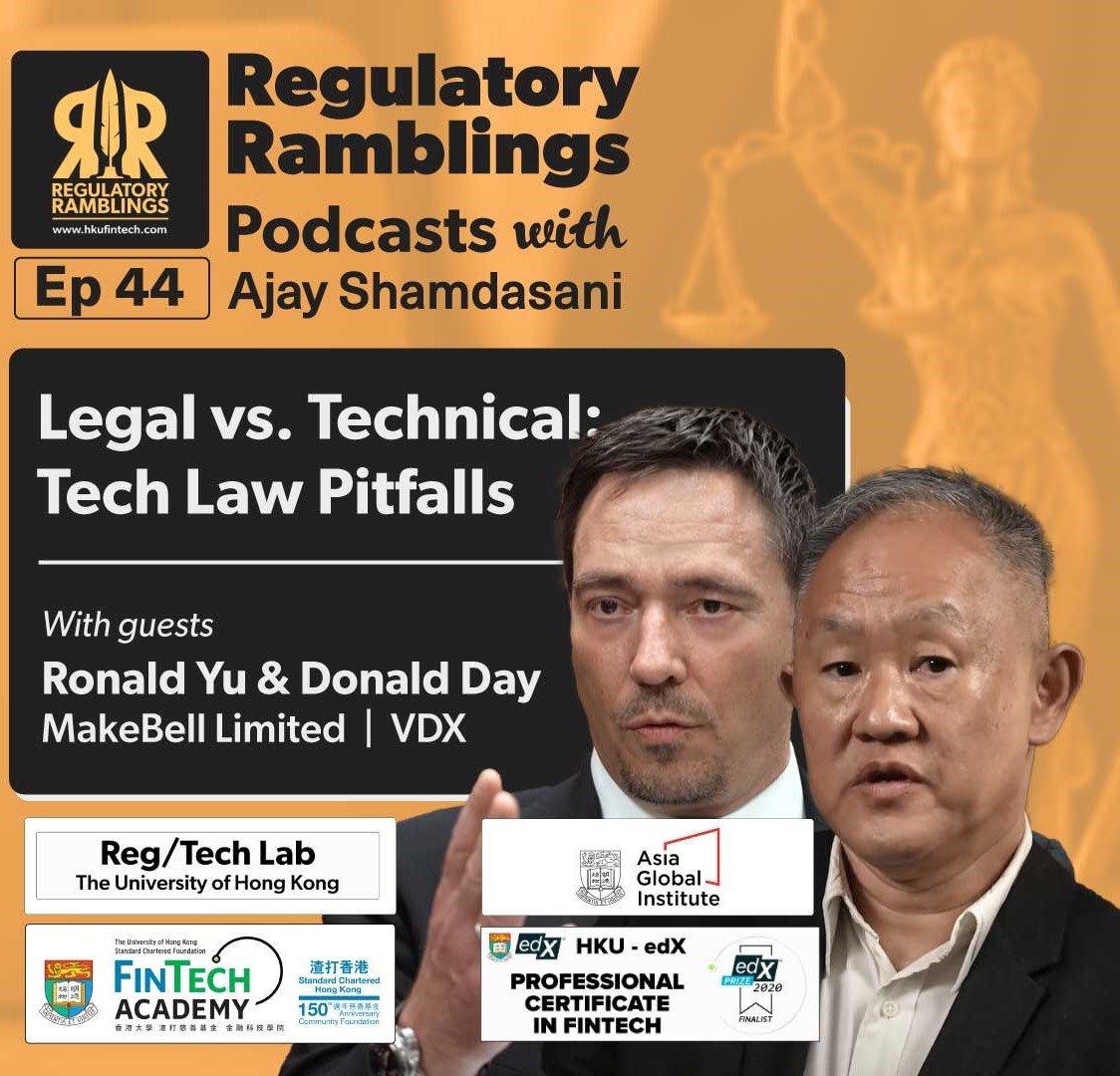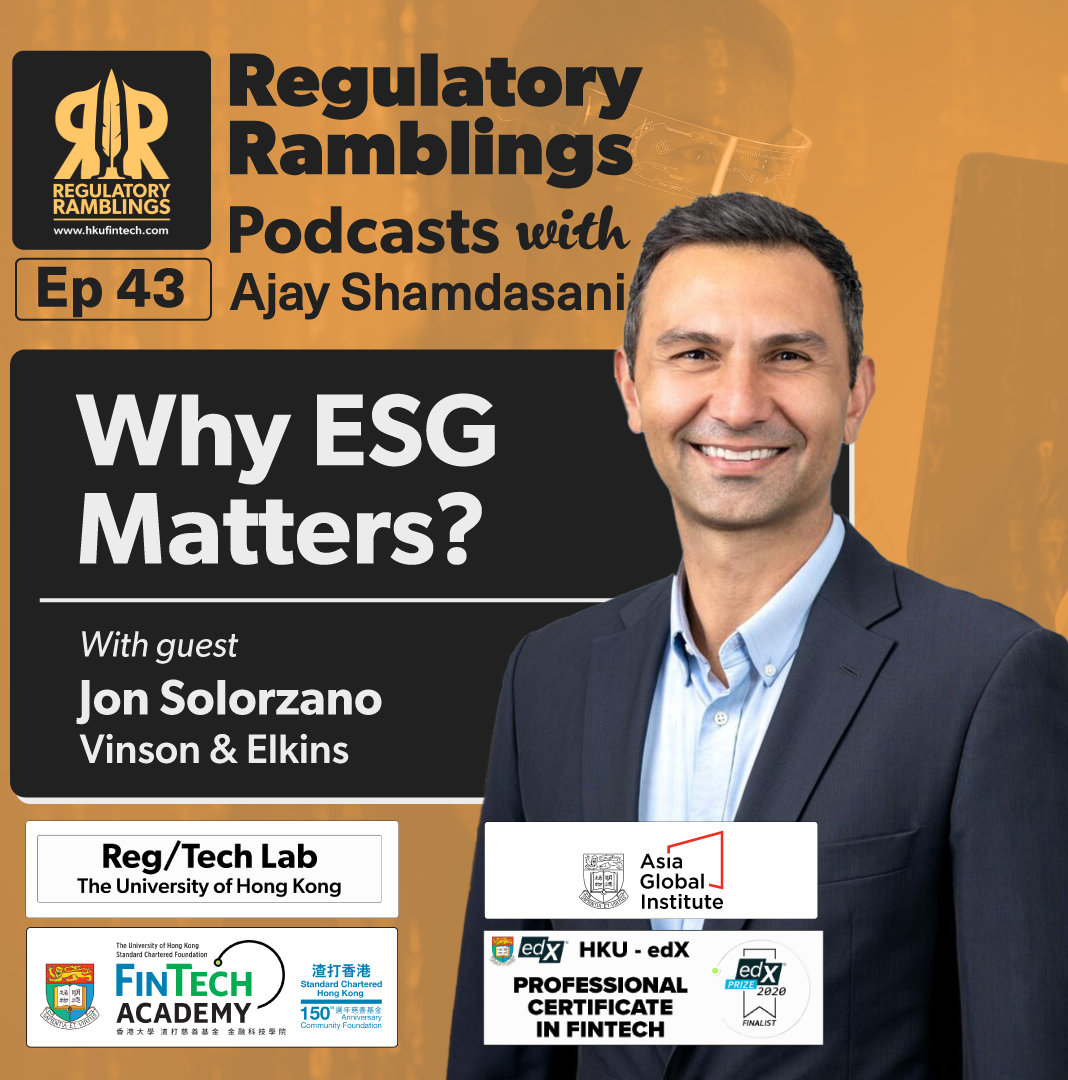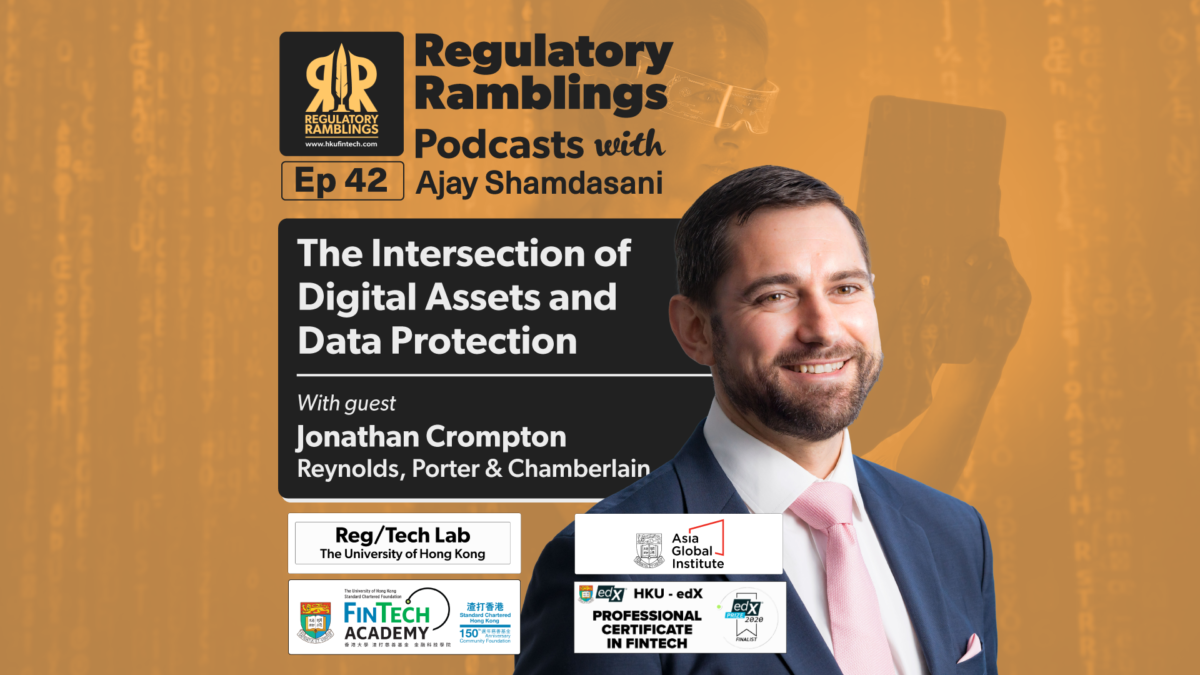London-based Michael Charles Borrelli is a Director at AI & Partners – a European professional services firm for entities subject to the EU Artificial Intelligence Act. It is leveraging over a decade of experience in financial services, compliance, and technology to help clients navigate AI’s complex and evolving regulatory landscape. This includes a strong passion for responsible AI and its potential to create a positive social impact while minimizing its risks and challenges.
In addition to his role at AI & Partners, Michael’s responsibilities include serving as an independent director of finance, as a FinTech ambassador, and as an AI 2030 chapter advisor, where he has made contributions to the development and dissemination of knowledge, best practices, and policy recommendations on AI and FinTech. He also holds a Master of Laws degree in Financial Regulation and Compliance, an Oxford FinTech Programme certificate, and a Google Cloud Introduction to Responsible AI certificate, among others. Michael has been a prolific writer and speaker on AI, FinTech, and compliance, having published multiple articles and delivered presentations at various events and platforms.
Anandaday Misshra is the founder and managing partner of AMLEGALS, a law firm with a presence in key Indian hub cities. The firm is multidisciplinary in its approach and specializes in value and strategy in taxation, technology, commercial litigation, and arbitration. With over 27 years of experience as a lawyer and a strategic advisor, Anand works with clients across various sectors and countries.
His particular areas of practice include arbitration, data protection and privacy, contracts, employment law, taxation, and white-collar crime. He also handles litigation in India’s constitutional courts and has rich experience in M&A, joint ventures, due diligence, and cross-border transactions.
Additionally, Anand has authored multiple books and white papers on various legal topics and has been ranked as one of the “Top 100 lawyers to follow” on LinkedIn globally. He was recently bestowed with LinkedIn’s “Top Data Privacy Voice” badge.
He is also a professional The International Association of Privacy Professionals (IAPP) member and a certified Technical Privacy Masterclass holder. Anand is passionate about advancing his knowledge and skills and contributing more broadly to the legal community and society.
Artificial Intelligence, or AI, has been much in the news recently, with apocalyptic headlines about how it will contribute to unemployment or underemployment by eliminating jobs in some industries and, in some cases, bringing about the end of the human race itself.
In that spirit, we look at the EU AI Act, the world’s first comprehensive AI law, which took effect on August 1, 2024.
The legislation has been called ground-breaking. It aims to ensure better conditions for developing and using artificial intelligence, fostering benefits such as improved healthcare, safer transport, more efficient manufacturing, and sustainable energy solutions.
The European Commission’s proposed regulatory framework for controlling AI systems at various risk levels is still in development.
The intricacies of existing and emerging privacy regulations in the European Union and the challenges facing in-house and general counsel will require clarity. Moreover, whether the United States will take inspiration from the EU’s approach and introduce similar regulations shortly is an open question.
In this episode of Regulatory Ramblings, our guests discuss with host Ajay Shamdasani why the EU AI Act matters for the region and the world and why the EU was keen to pass it. Specifically, they discuss the legislation’s impact on compliance officers and in-house/general counsel at the world’s central banking and multinational corporations—and, more to the point, on businesses, organizations, and individuals operating both within the EU and beyond its borders.
A pronounced concern in the Asia-Pacific and elsewhere is whether the EU AI Act will take inspiration from the US and construe violations of its rules and regulations outside of its borders as warranting its exercise of extraterritorial jurisdiction globally, as was the case for the Foreign Account Tax Compliance Act (FATCA) and all the controversy and rancor it caused a decade ago.
As Michael points out, the EU likely needs more resources and capacity to enforce its will internationally, as the US does.
The conversation concludes with speculation over whether the US will enact its AI law with rules comparable to the EU’s. Anand also discusses the impact of AI on India’s information technology sector.
Connect with RR Podcast at:
LinkedIn: https://hk.linkedin.com/company/hkufintech
Facebook: https://www.facebook.com/hkufintech.fb/
Instagram: https://www.instagram.com/hkufintech/
Twitter: https://twitter.com/HKUFinTech
Threads: https://www.threads.net/@hkufintech
Website: https://www.hkufintech.com/regulatoryramblings
Connect with the Compliance Podcast Network at:
LinkedIn: https://www.linkedin.com/company/compliance-podcast-network/
Facebook: https://www.facebook.com/compliancepodcastnetwork/
YouTube: https://www.youtube.com/@CompliancePodcastNetwork
Twitter: https://twitter.com/tfoxlaw
Instagram: https://www.instagram.com/voiceofcompliance/
Website: https://compliancepodcastnetwork.net/




